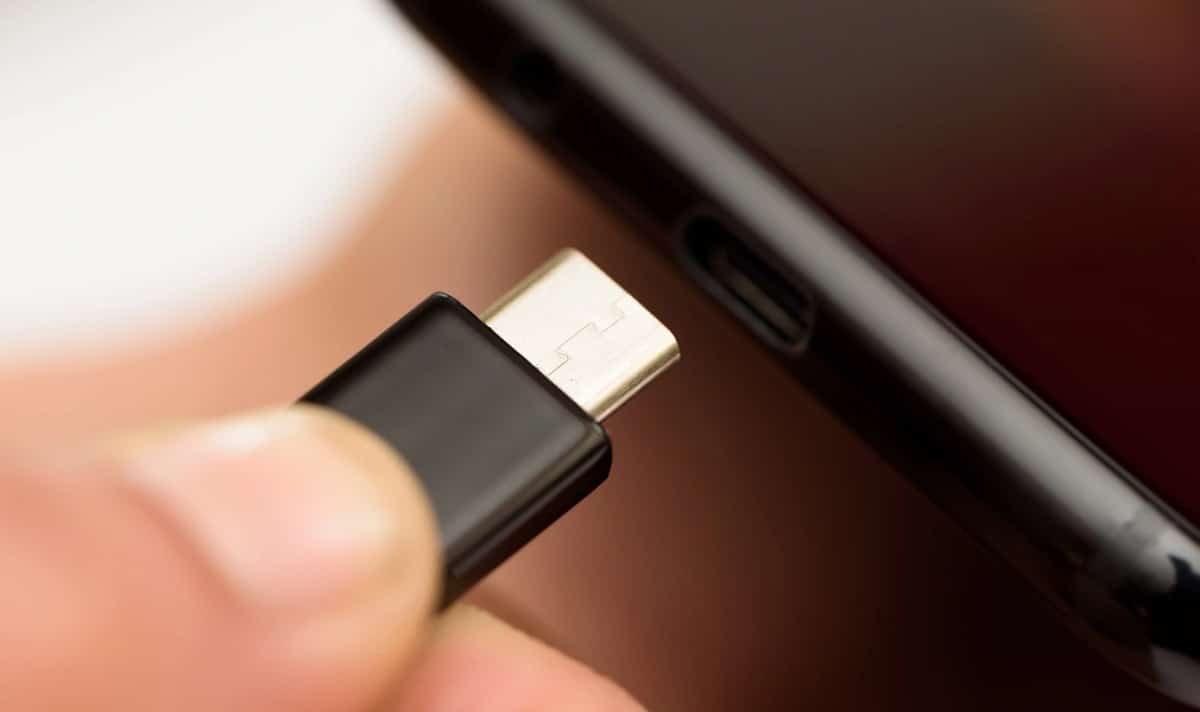
Europe has reached an agreement to make USB-C a common port for all phones and electronic devices, with the goal of reducing e-waste and the hassle of incompatible chargers.
The legislators of the European Union have reached an agreement on the legislation that will require that all future smartphones sold in the EU, including the Apple iPhone, have the universal USB-C port for wired charging by fall 2024.
the rule too will apply to other electronic devicesincluding tablets, digital cameras, headsets, handheld game consoles, and e-readers. Laptops will have to comply with the rule at a later date, and buyers will also be able to choose whether they want to buy new electronics with or without a charger.
"Under the new rules, consumers will no longer need a different charger and cable every time they buy a new device, and will be able to use one charger for all their portable electronic devices, from small to medium," the European Parliament said. in a press release.
The legislation has been in the works for more than a decade, but agreement on its scope was reached this morning after negotiations between different EU bodies.
The biggest rarity is the Appl iPhone Lightning porte, which is used by around 20% of devices sold in Europe. Apple still has to respond to the legislation, but in 2020 he said that the push for a universal phone charger would "stifle innovation".
Another issue that is not entirely clear is how the EU wants manufacturers to handle different standards such as DisplayPort for video. As for the power supply, the EU simply stated that "consumers will receive clear information about the charging characteristics of new devices, making it easier for them to see if their existing chargers are compatible."
With these rules, consumers will no longer need a different charging device every time they buy a device and they will be able to use one charger for all their small and medium portable electronic devices. Mobile phones, tablets, e-readers, in-ear headphones, digital cameras, earphones and headphones, handheld game consoles, and wired rechargeable portable speakers will need to be equipped with a USB Type-C port, regardless of their size. maker. Laptops will also have to be adapted to the requirements within 40 months of the entry into force of the text.
Charging speed is also harmonized for devices that support fast charging, allowing users to charge their devices at the same speed with any compatible charger.
Finally, it should be noted thatThe deal will have the biggest impact on Apple, which is the only major smartphone maker still using a proprietary port instead of USB-C. In 2021, Apple sold 241 million iPhones worldwide, including some 56 million in Europe.
However, the EU press release says that the new legislation applies to devices "that are rechargeable via a cable".
This means that Apple could avoid adding USB-C to its devices by creating a phone that only charges wirelessly (as the rumors say). However, recent reports indicate that the company is testing iPhones with USB-C internally, with Apple analyst Ming-Chi Kuo saying that Apple could make the switch as soon as next year. Apple already uses the USB-C standard in laptops and some tablets.
The European Commission announced its current plans for this legislation last September.But the bloc's efforts to force manufacturers to use a common charging standard date back more than a decade. In the years since then, Android makers have converged on Micro USB and then USB-C as the common charging standard of choice, while Apple has moved from offering phones with its proprietary 30-pin connector to Lightning.
Finally If you are interested in knowing more about it, you can check the details in the following link.